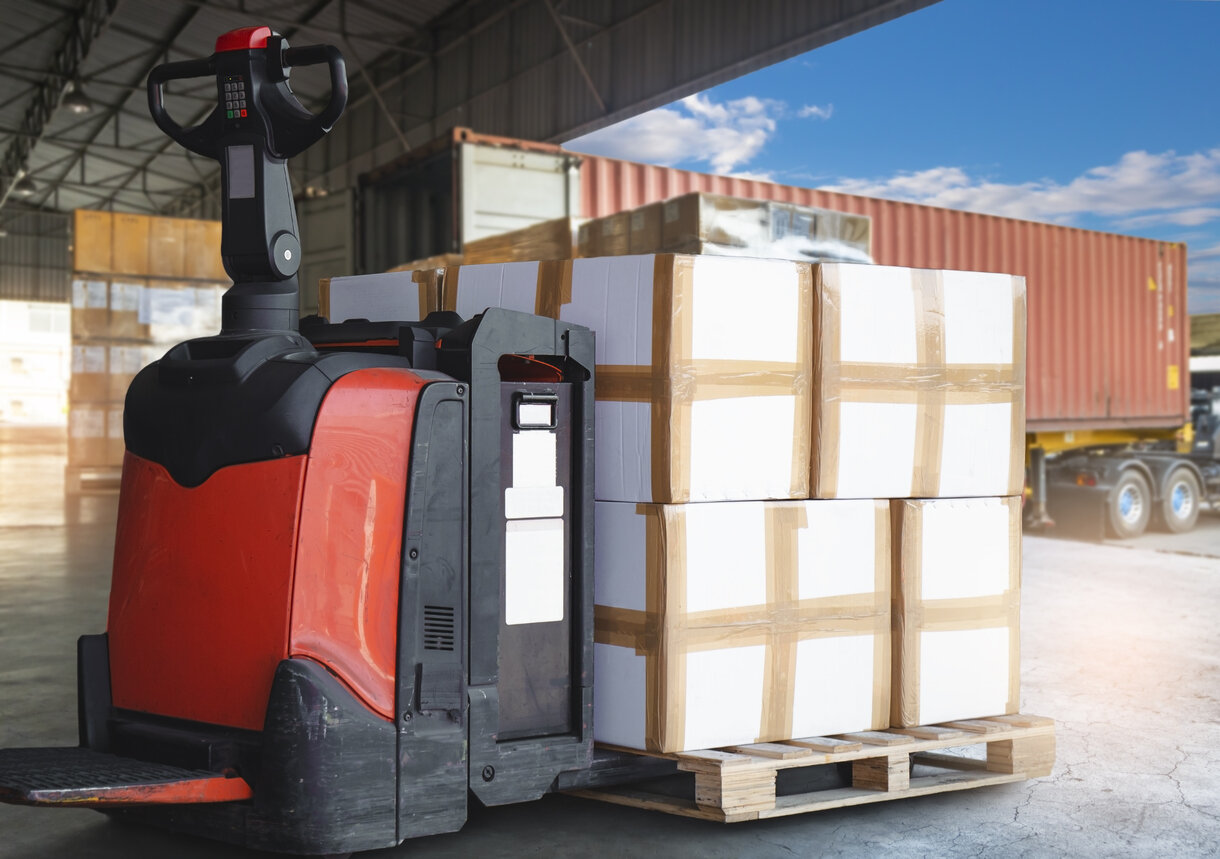11 Questions to Set Expectations for Carrier Contract Bids (4.30.24)
Finding the right shipping carrier can be a lengthy process. These 11 key questions will help clarify the decision and identify the best logistics partner for your business.
The journey from evaluating carriers to finding the one that works best for your operation can feel like an endless one.
You begin with an RFI (Request for Information), which helps define your options. In today’s ever-changing logistics world, that often results in more options than you expect, including established carriers and newcomers.
Once you have narrowed down that selection based on key criteria, it is time to send out your RFQs (Request for Quotations) and then your RFPs (Request for Proposals). Many businesses rush this stage of the process, eager to find the cheapest carrier that offers the most. However, before fully delving into the carrier bid process, it is essential to set your objectives.
In this article, we’ll break down the questions you need to answer in order to have a productive carrier bid process. We’ll cover:
-
The road to a productive RFQ
-
Questions about the carrier
-
Questions about shipping performance
-
Questions about fees and surcharges
The road to a productive RFQ
The ideal RFQ is built with a twofold mission in mind: You want to provide information about your business to prospective carriers, including what you do, what your mission is, and your specific needs. You also want to probe for information to better understand what each carrier can offer you.
On either side of the equation, details are everything. To find those details, you must first create a list of objectives that you would like a new contract to meet. Do this by asking yourself these 11 questions:
1. What would make a carrier right for the products you ship?
The right logistics partner will understand the specific needs of your operation and the items you commonly ship. Evaluate your existing and future product line to determine your standard and special needs. This language should be clearly reflected in your RFP.
2. How would a carrier ideally accommodate the ebb and flow of your annual business demands?
Some businesses have seasonal needs, others have cyclical needs. Evaluate when your customers typically have a high demand and the times of year that you ship a high volume. A carrier should be dynamic in the sense that it can accommodate your traditional demands while offering flexibility to meet unprecedented scenarios.
3. What insurance should the carrier have?
A carrier should have insurance that protects you during the course of your business relationship. Look for a partner with the insurance you require, including liability and cargo theft insurance, plus all applicable licenses and good safety records.
4. What delivery time expectations do you have?
In a world where customer expectations are constantly evolving to demand faster shipping, it is valuable to take an honest look at the delivery times you would like to promise. Evaluate customer data to determine the answer to this question and set your objective accordingly.
5. What warehouse space should be available?
As you look for a new logistics partner, evaluate the current warehouse space and how your needs may change in the future. A carrier should meet your needs and be able to scale as they expand and contract.
6. What technology should the carrier use?
Technology drives speed, accuracy, and ultimately customer satisfaction when it comes to shipping and fulfilling orders. Your operation has likely shifted to rely on cutting-edge technology to streamline, automate, and retain and attract customers. It is essential to find a logistics partner that is compatible with your technology and equally devoted to utilizing data to succeed.
7. Where should warehouses be located?
Warehouse location is as essential, if not more so, than warehouse capacity. Looking at your shipping locations will allow you to strategize around warehouse locations.
8. What are your KPIs?
Many operators determine KPIs (or Key Performance Indicators) after signing a contract. Determine these before requesting carrier bids in order to set expectations early. Some logistics KPIs that are important are on-time rate, number of claims, transit time on average, fuel efficiency, and customer satisfaction based on survey feedback. Plan on revisiting these KPIs often.
9. What accessorial charges are you anticipating?
There are many accessorial charges that can drive up the cost of logistics. Before signing a contract, have a clear understanding of the accessorial charges you might expect. These may include after-hours deliveries, multiple-location stops, detention time, driver unloading/loading, hazardous material delivery, liftgate service, and storage.
10. What fuel surcharges can you afford?
Fuel surcharges are as unavoidable as they are expensive, which is why it is essential to set objectives about your budget for them. Determine your budget and whether you would like the rate per mile to include or exclude fuel.
11. How much do you want to lower your logistics spend?
The most important question to ask before you request carrier bids is how much you would like to lower your logistics spend in the coming fiscal year. Working with a logistics expert, like Resource Logistics Group, can help you figure out how to do exactly that. To learn more, contact us to schedule a free benchmarking analysis and to begin the process of saving money on your logistics spend.



